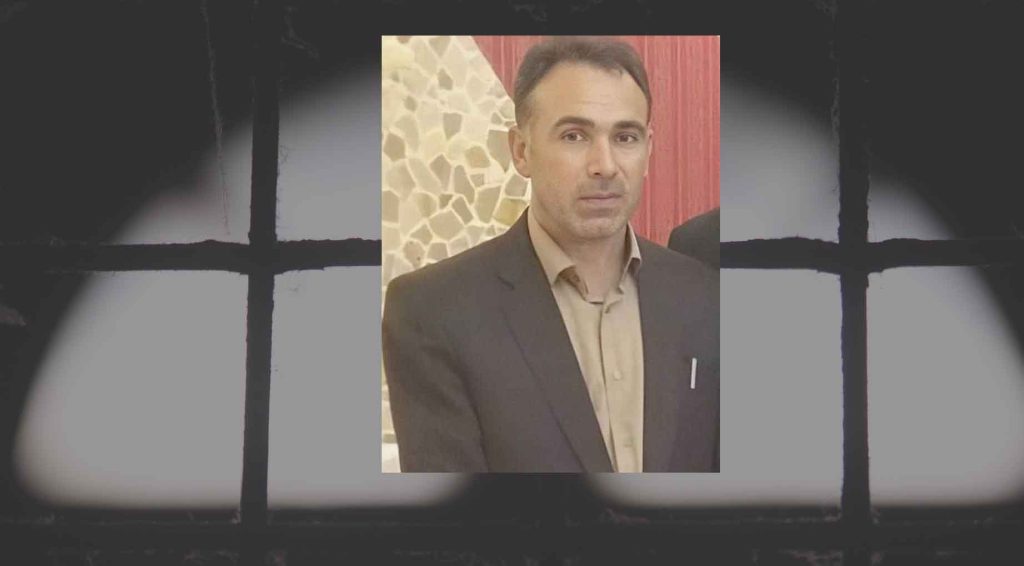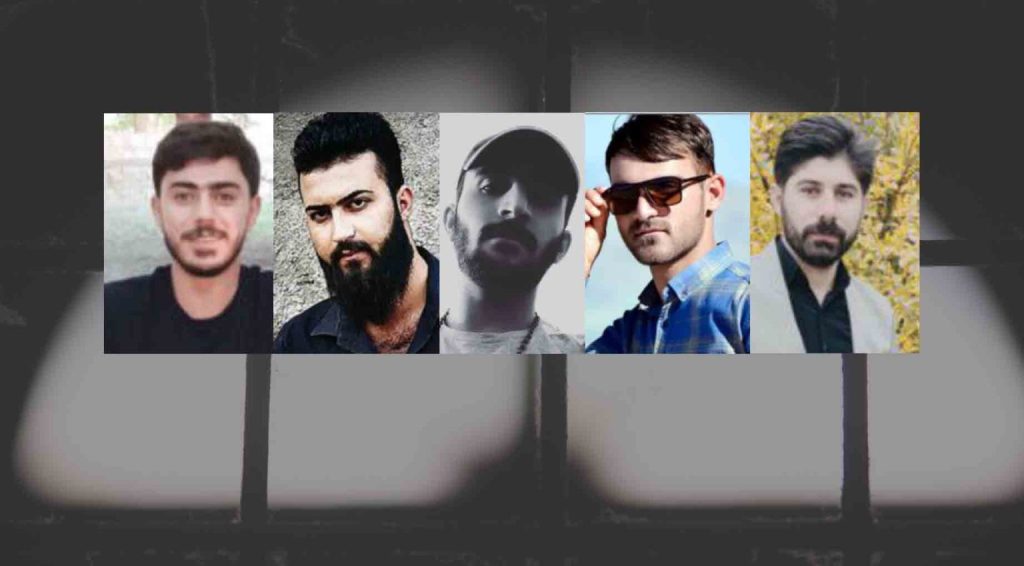Kurdish woman student Nahid Kamangar has been taken to the general ward of the Juvenile Detention Centre in Sanandaj after more than a month in solitary confinement and the extension of her temporary arrest warrant on 10 August.
The Ministry of Intelligence in Kamyaran, Kurdistan province, summoned Kamangar on 6 July and sent her to solitary confinement in the women’s ward of the Juvenile Detention Centre of Sanandaj.
Kamangar is a student of Kurdish language and literature at the University of Kurdistan in Sanandaj.
The KHRN does not yet have any information on the charges against the Kurdish student.
Nahid Kamangar is the daughter of the Kurdish political prisoner Hossein Kamangar, who was sentenced in March 2021 to 15 years in prison on “armed insurrection” charges.
Hossein Kamangar has been held in the detention centre of the intelligence ministry and then in Sanandaj Prison since January 2019.
Following the prisoner’s appeal against the verdict, the case has been referred to the Supreme Court of Iran.
Also, Rashed Montazeri, a civil activist and Nahid Kamangar’s husband, was arrested simultaneously as Hossein Kamangar in January 2019. He was released on bail four months later. Security forces then arrested him in May this year to serve his 20-month sentence. He was transferred to Kamyaran Prison.
The office of the intelligence ministry repeatedly summoned and interrogated Nahid Kamangar during the detentions of her father and husband.
A source in Kamyaran said the intelligence ministry interrogated the Kurdish woman in her last detention as well.
“Security officers asked her to cooperate and make a confession against her imprisoned father, but she refused to accept the interrogators’ demands. Therefore, she was detained temporarily and transferred to the women’s ward of the Juvenile Detention Centre of Sanandaj.”
The source added that Nahid Kamangar was not personally involved in politics. Her arrest appears to have been connected with her father and husband’s political activities.
Summoning and detaining family members is one of the tools used by the security services of the Islamic Republic of Iran to put pressure on prisoners and political activists.






